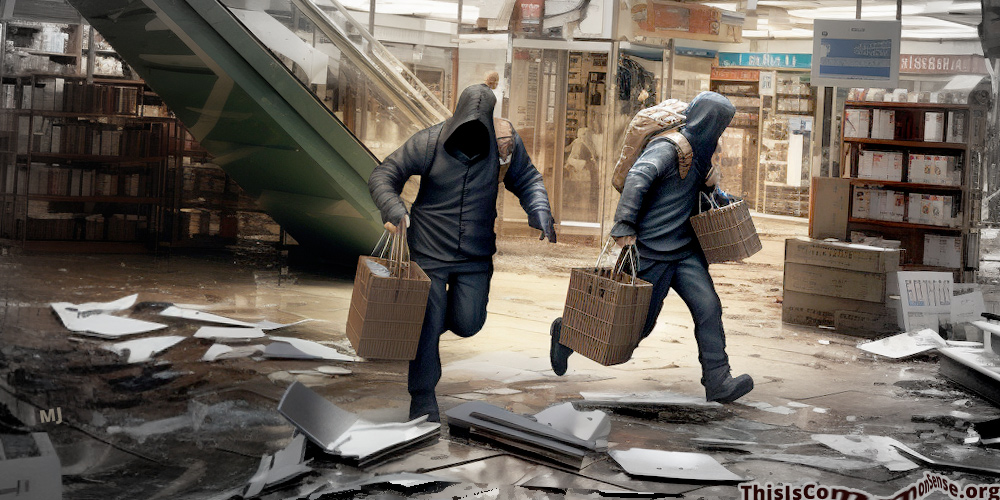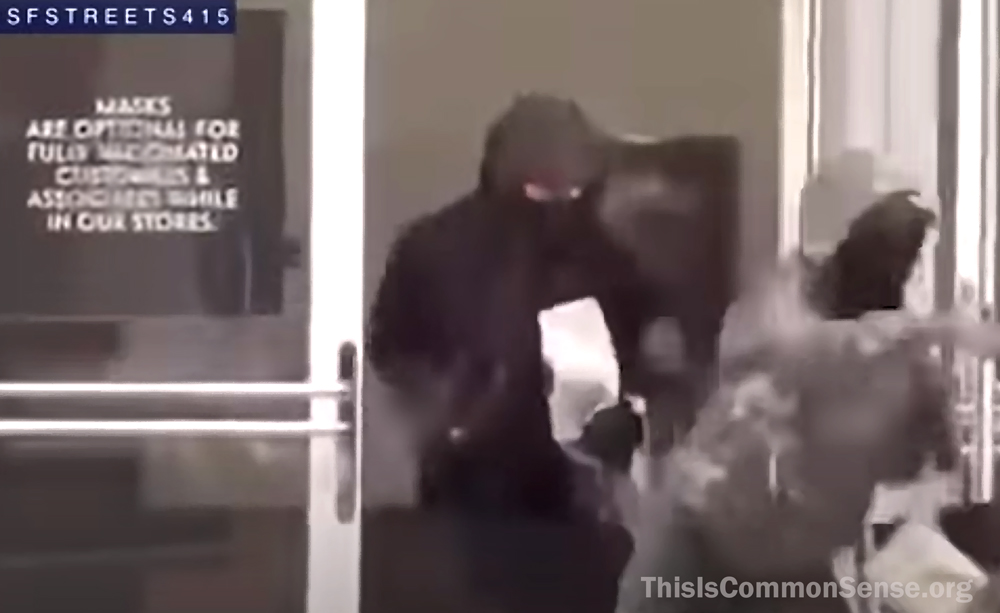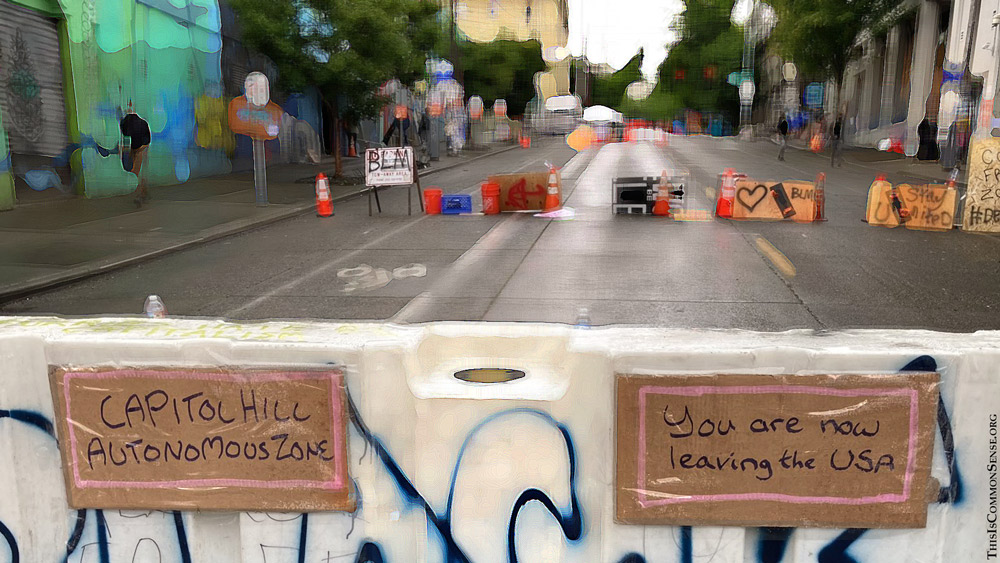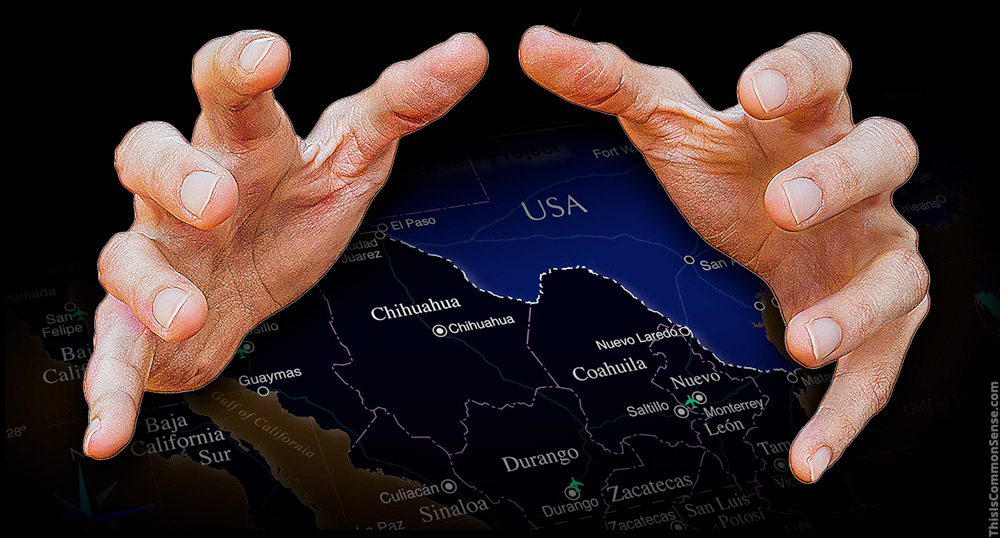There’s a black market for Tide laundry detergent. Who knew?
Giant Food, a Washington, D.C., area grocer, can’t seem to keep national brands such as Tide or Colgate or Advil on store shelves. Not because customers are buying these products, but because they’re stealing them.
Last week, we discussed the revelation by Dick’s Sporting Goods that thievery was a key cause of falling profits. The National Retail Federation believes that $95 billion is lost each year to public pilfering — something other retailers, including Target, Dollar Tree, and Ulta, are acknowledging is a very serious problem.
“Growing losses have spurred giants such as Walmart to shutter locations,” The Washington Post informs.
If we cannot police our own neighborhoods, and police can’t seem to do it, then we rely on . . . big corporations. With 165 supermarkets, Giant has yet to close any stores. Instead, the chain is “hiring more security guards, closing down secondary entrances, limiting the number of items permitted through self-checkout areas, removing high-theft items from shelves and locking up more products.”
Most vulnerable is “the unprofitable store on Alabama Avenue SE — the only major grocer east of the Anacostia River in Ward 8,” a poor, largely black area of the city.
“We want to continue to be able to serve the community,” explains Giant’s president, “but we can’t do so at the level of significant loss or risk to
“During the first five months of this year,” Target’s chief executive recently leveled with investors, “our stores saw a 120 percent increase in theft incidents involving violence or threats of violence.”
Apparently, folks who pocket other people’s stuff are more likely to also be violent.
Who saw that coming?
This is Common Sense. I’m Paul Jacob.
Illustration created with PicFinder.ai
—
See all recent commentary
(simplified and organized)







